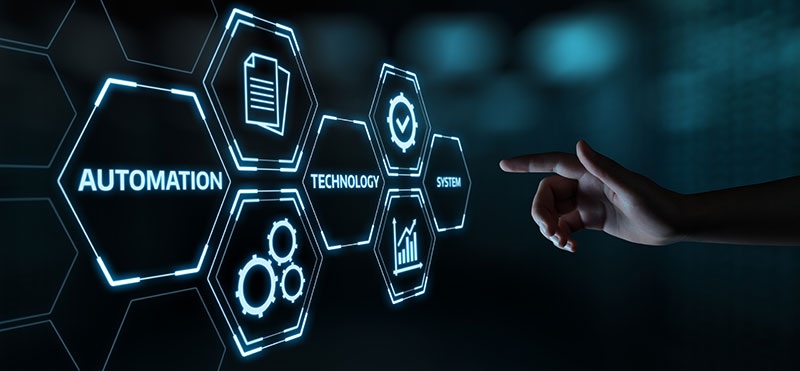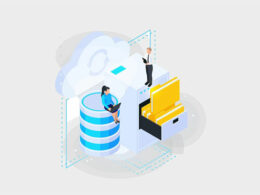The Role of AI in Personalizing Employee Training

With the rapid pace of technological and market changes, employers should focus on regularly updating their team’s skills and knowledge to stay competitive. However, traditional one-size-fits-all training methods are no longer effective in meeting the diverse learning needs of employees. AI has revolutionized the way businesses deliver employee training by personalizing the learning experience for each individual, based on their unique needs and abilities. In this article, we will explore how AI is transforming employee training and its role in creating a more efficient learning environment.
Embracing AI for Customized Learning Experiences
A significant advantage of using AI in employee training lies in its capability to tailor learning experiences to individual needs. Leveraging machine learning algorithms, AI can analyze an individual’s learning patterns, preferences, and skill gaps. This helps provide them with tailored training content and delivery methods. An approach that makes learning more engaging and efficient, while also saving time and resources by cutting out irrelevant training content. With a cutting-edge employee training platform, organizations can deliver personalized and specific training, enhancing employee performance and contributing to the company’s success.
Benefits of Personalization in Employee Training
Personalized employee training offers numerous benefits for both the employees and the organization. First off, it boosts engagement and motivation since employees get training that’s directly related to their job roles and current skills. This leads to improved retention of information and better application of newly acquired skills in the workplace. Next, personalized training also helps identify individual strengths and weaknesses, allowing organizations to allocate resources and training programs accordingly. This not only saves time and money but also improves overall employee performance, leading to better business outcomes. Personalized training can also help create a culture of continuous learning within the organization, promoting growth opportunities for employees.
How AI is Shaping the Future of Workplace Learning
As organizations continue to prioritize personalized and efficient training methods, AI will play an important role in creating a dynamic and adaptive learning environment for employees. With advancements in natural language processing and machine learning, AI can provide personalized feedback and recommendations, creating a more interactive and engaging learning experience. AI can also collect and analyze data on employee performance, providing insights that can further improve training programs. With the increasing use of virtual and augmented reality in training, AI will continue to enhance the immersive learning experience in the workplace.

Challenges and Ethical Considerations in Implementing AI-Powered Training Programs
Implementing AI-powered training programs also comes with its own set of challenges. One major challenge is the need for a large amount of data to train and fine-tune AI algorithms. Without sufficient data, the accuracy and effectiveness of personalized training may be compromised. Another challenge is ensuring the ethical use of AI in employee training, as biases and discrimination can unintentionally be incorporated into the algorithms. Organizations may face resistance from employees who are not familiar with AI technology or fear being replaced by it. To overcome these challenges, organizations must ensure proper data management and ethical guidelines in developing AI-powered training programs. They should also involve employees in the process and provide resources for understanding the value of AI in their training. Employers must also prioritize using AI ethically for employee development, promoting fairness and inclusivity in their training programs.
Future Possibilities of AI in Employee Training
As AI keeps evolving, its uses in employee training expand. We could see AI assistants that offer personalized coaching, similar to Siri or Alexa. They’d provide ongoing support and feedback, which would help with better retention of knowledge and skills. In addition, with data analytics, AI could identify skill gaps and suggest training based on job performance and career potential. The future of AI in employee training promises more efficient, tailored, and successful learning experiences for both individuals and organizations.
AI has completely transformed employee training, making it possible to tailor learning to each person’s needs. With the right employee training software, teamwork, and a solid ethical approach, the potential for AI in training is boundless.
- Managing Multiple Websites from a Single Installation - May 1, 2024
- C++ Capabilities: What is C++ Used For? - May 1, 2024
- How Does Data Labeling Shape Machine Learning Success? - May 1, 2024








